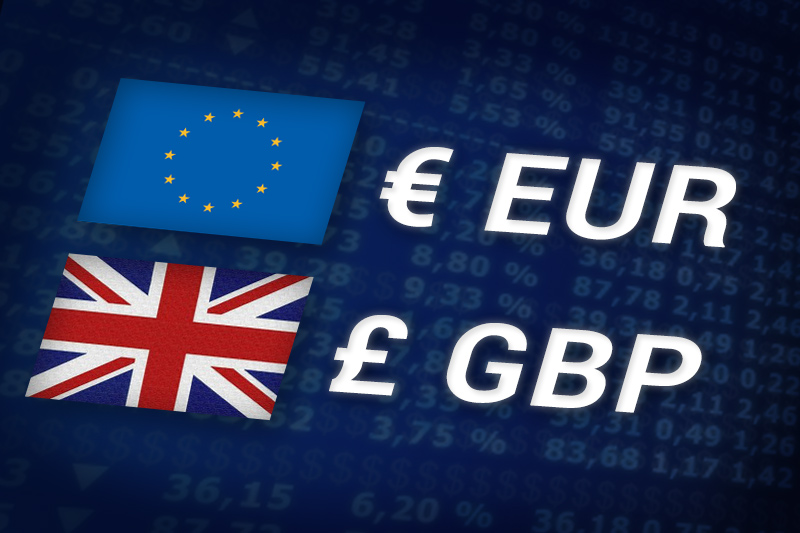Investing.com - The euro pushed higher against the pound on Thursday, after the Bank of England’s inflation report on Wednesday fuelled speculation over the possibility of more stimulus measures from the central bank.
EUR/GBP hit 0.8009 during European morning trade, the pair’s highest since Tuesday; the pair subsequently consolidated at 0.8007, gaining 0.19%.
The pair was likely to find support at 0.7949, Wednesday’s low and a three-and-a-half year low and resistance at 0.8029, Monday’s high.
The pound weakened against the euro after the BoE said inflation will not fall back as quickly as hoped and was likely to remain above the bank’s 2% targeted rate for at least another year.
The central bank also revised down economic growth forecasts, sparking fears that policymakers may implement a fresh round of easing measures to shore up the recession hit U.K. economy.
But sentiment on the euro remained fragile, as fears over the risk of a Greek exit from the euro zone continued ahead of fresh elections next month, which could see anti-austerity parties take power.
On Wednesday, the European Central Bank said it had placed some Greek banks in an emergency liquidity assistance program, as they are severely undercapitalized.
Elsewhere, Spain successfully auctioned the full targeted amount of EUR2.5 billion at a government bond sale earlier, but the country’s borrowing costs rose sharply, pressured higher by worries over the health of the country’s banking sector.
The euro was fractionally lower against the U.S. dollar and the yen, with EUR/USD dipping 0.05% to hit 1.2709 and EUR/JPY inching down 0.02% to hit 102.13.
Later Thursday, the U.S. was to produce government data on unemployment claims, as well as a report on manufacturing activity in the Philadelphia area.
EUR/GBP hit 0.8009 during European morning trade, the pair’s highest since Tuesday; the pair subsequently consolidated at 0.8007, gaining 0.19%.
The pair was likely to find support at 0.7949, Wednesday’s low and a three-and-a-half year low and resistance at 0.8029, Monday’s high.
The pound weakened against the euro after the BoE said inflation will not fall back as quickly as hoped and was likely to remain above the bank’s 2% targeted rate for at least another year.
The central bank also revised down economic growth forecasts, sparking fears that policymakers may implement a fresh round of easing measures to shore up the recession hit U.K. economy.
But sentiment on the euro remained fragile, as fears over the risk of a Greek exit from the euro zone continued ahead of fresh elections next month, which could see anti-austerity parties take power.
On Wednesday, the European Central Bank said it had placed some Greek banks in an emergency liquidity assistance program, as they are severely undercapitalized.
Elsewhere, Spain successfully auctioned the full targeted amount of EUR2.5 billion at a government bond sale earlier, but the country’s borrowing costs rose sharply, pressured higher by worries over the health of the country’s banking sector.
The euro was fractionally lower against the U.S. dollar and the yen, with EUR/USD dipping 0.05% to hit 1.2709 and EUR/JPY inching down 0.02% to hit 102.13.
Later Thursday, the U.S. was to produce government data on unemployment claims, as well as a report on manufacturing activity in the Philadelphia area.
